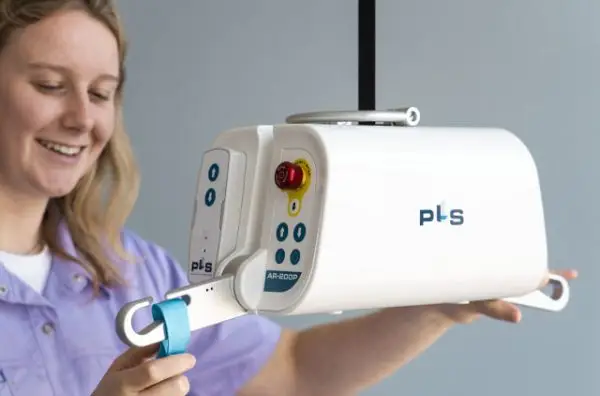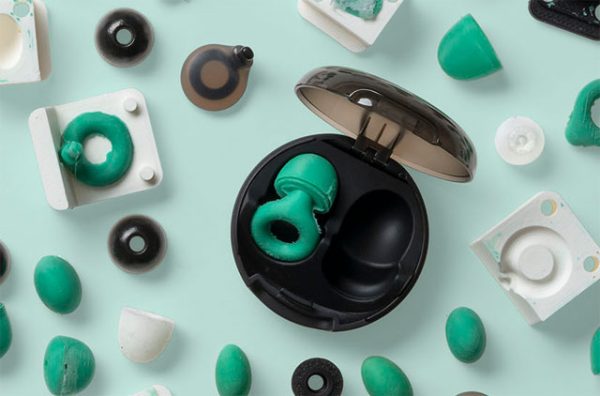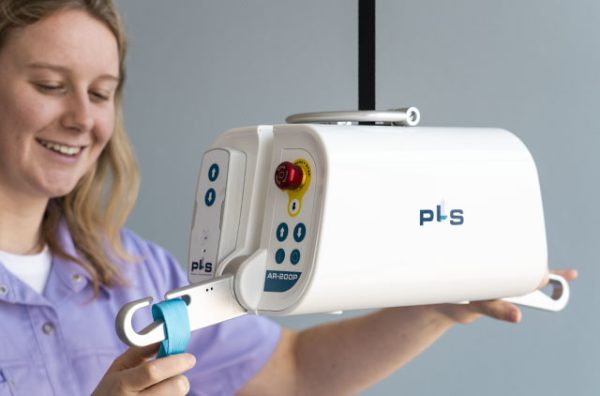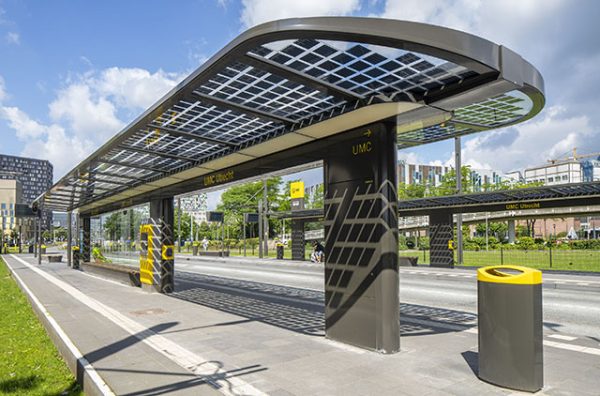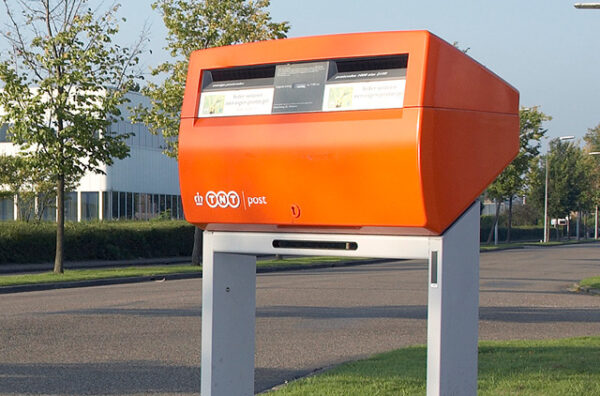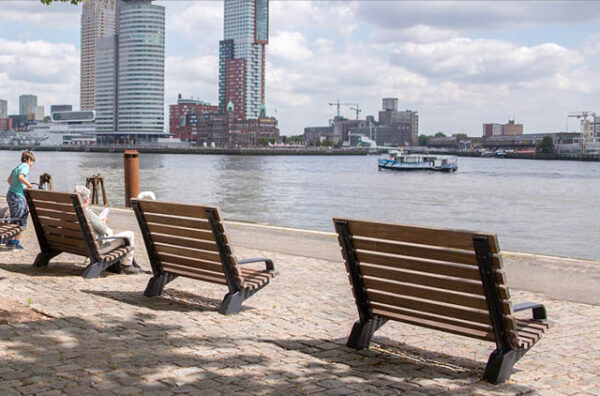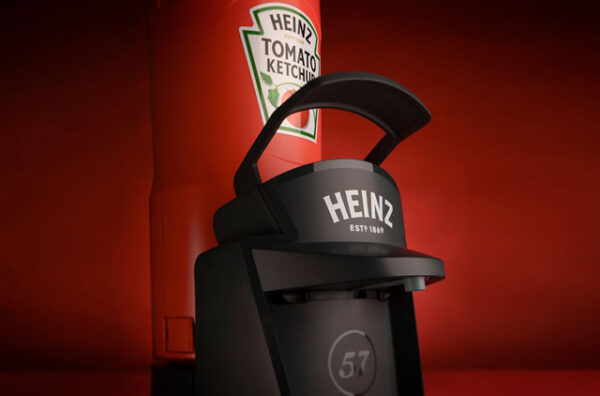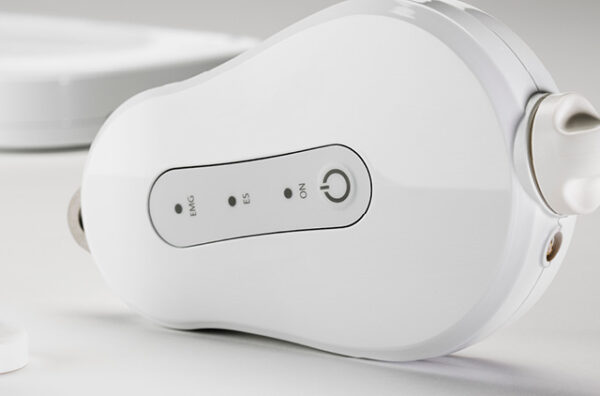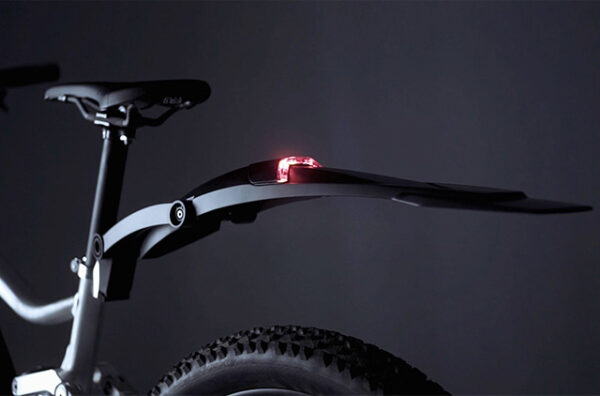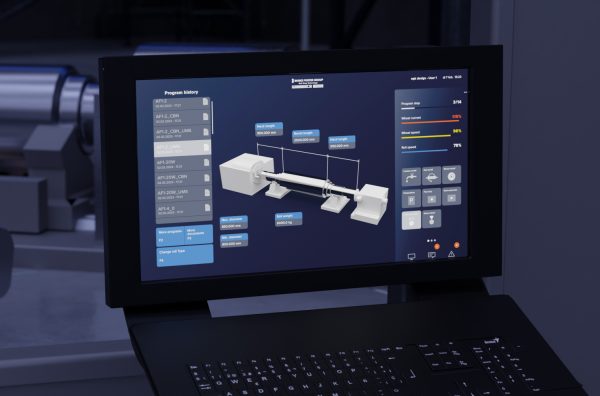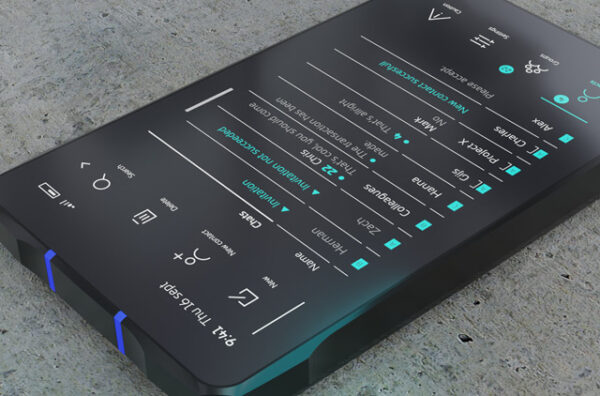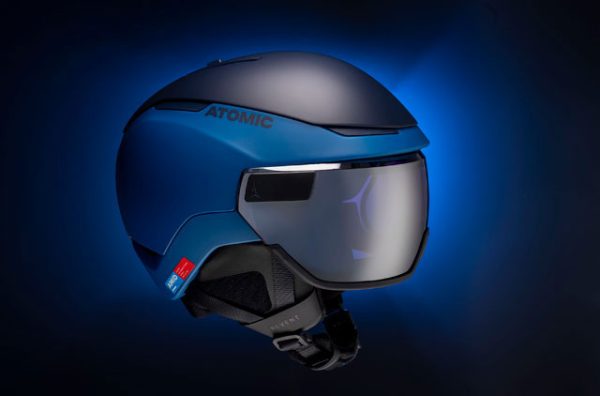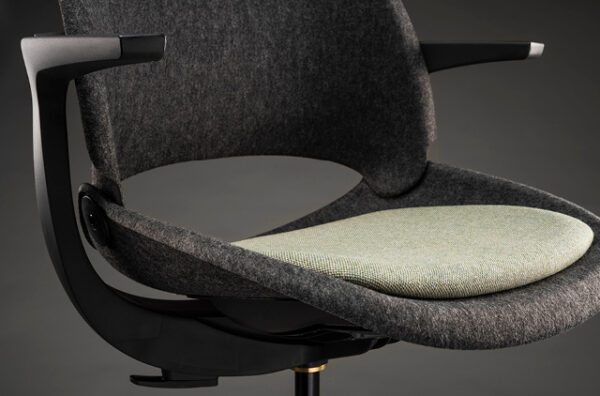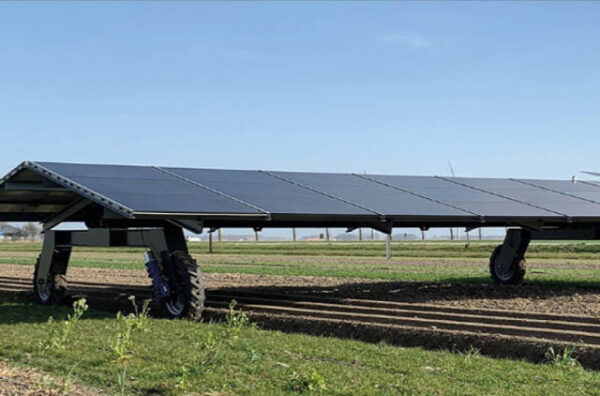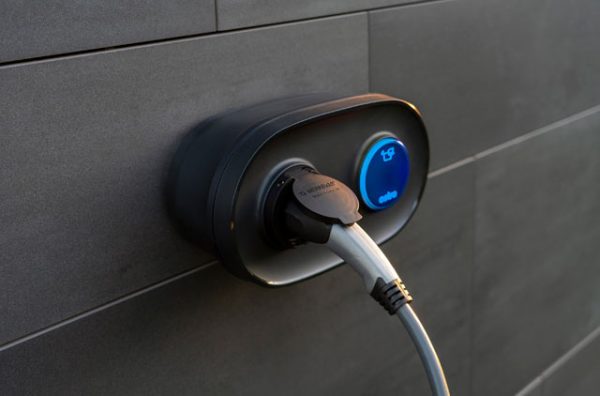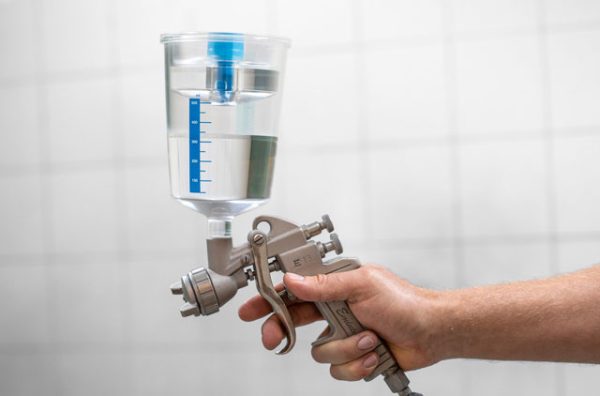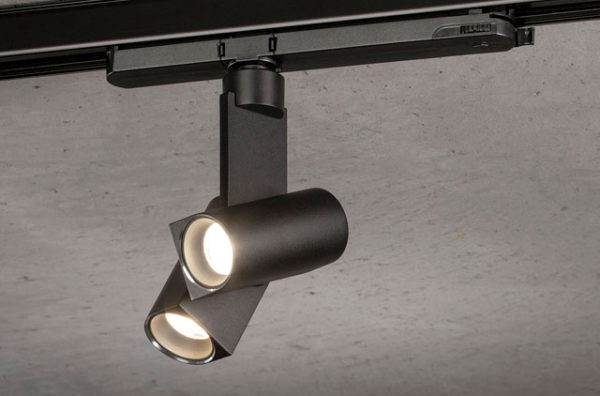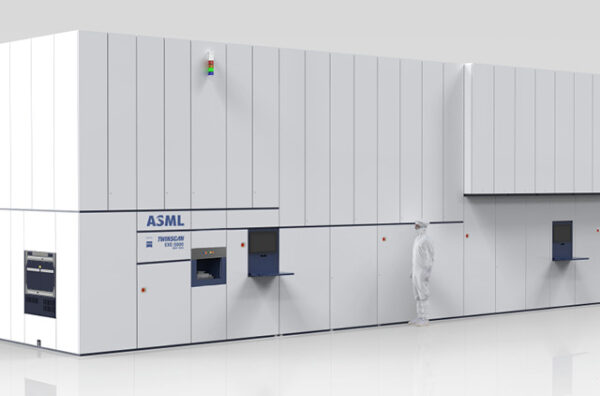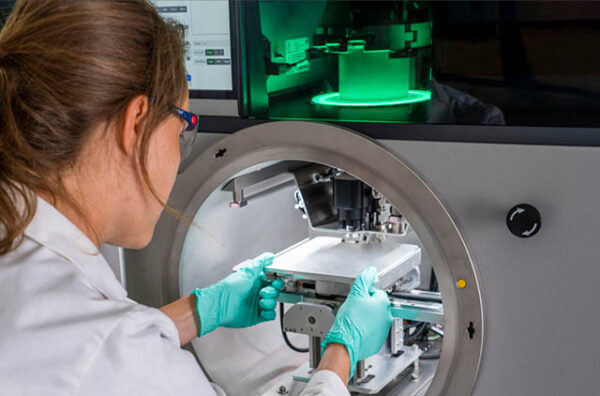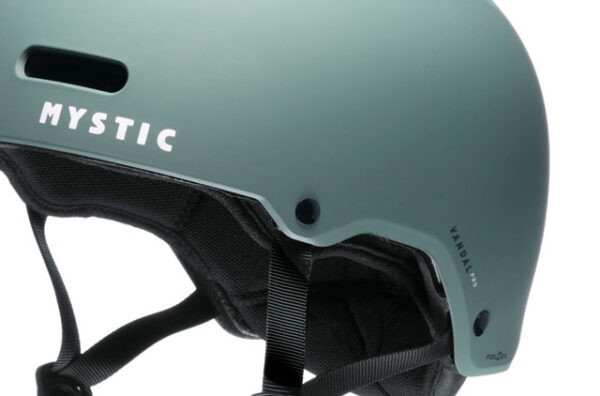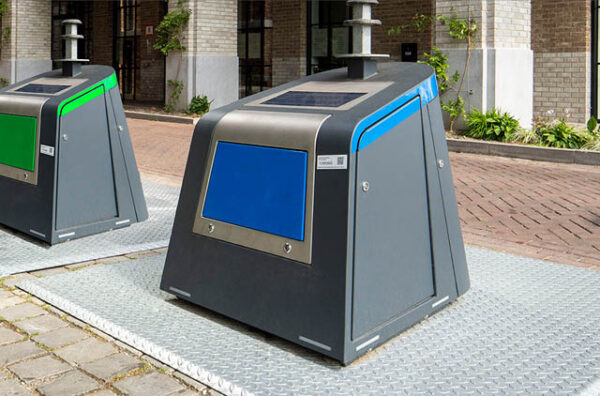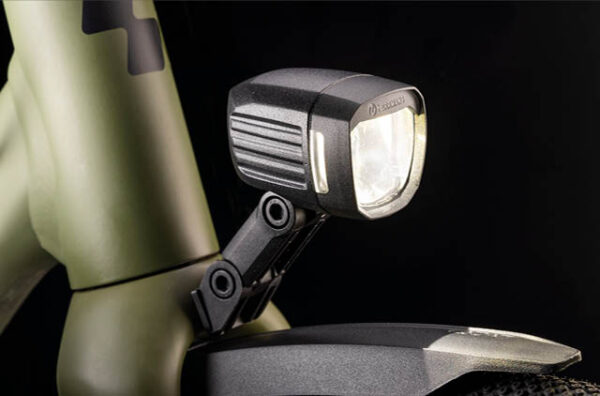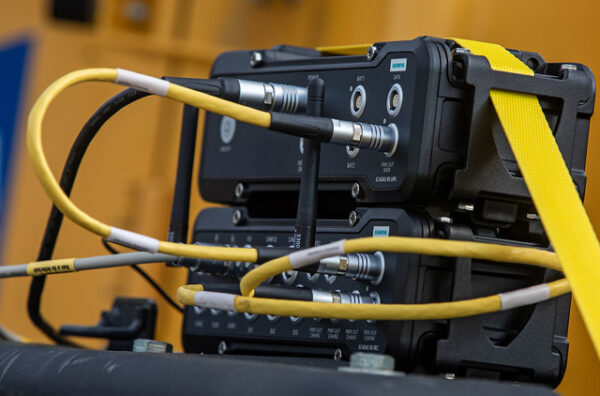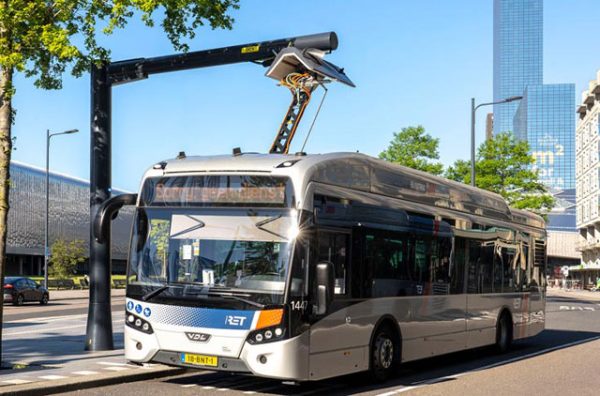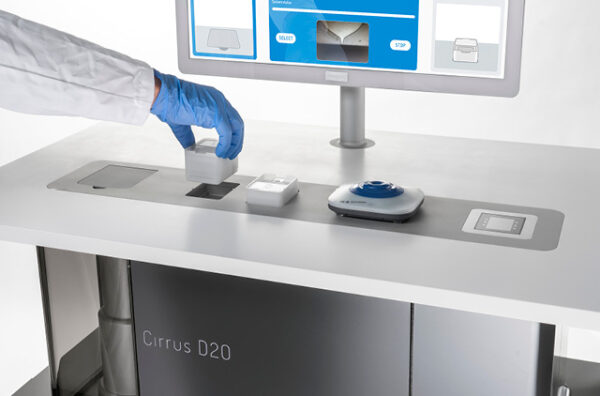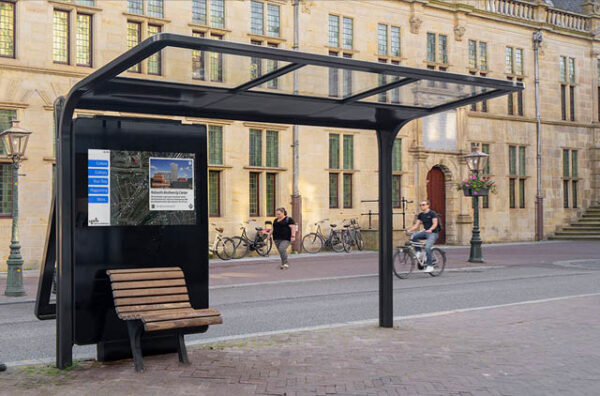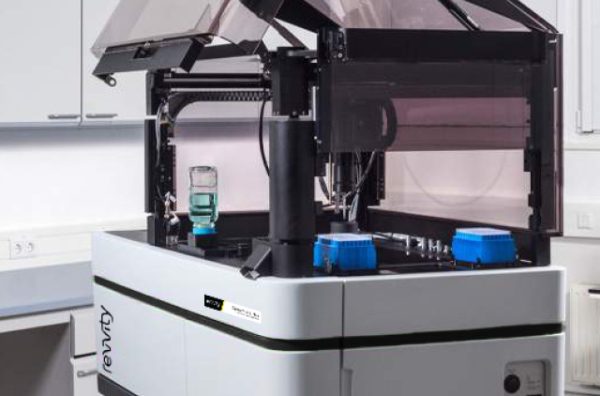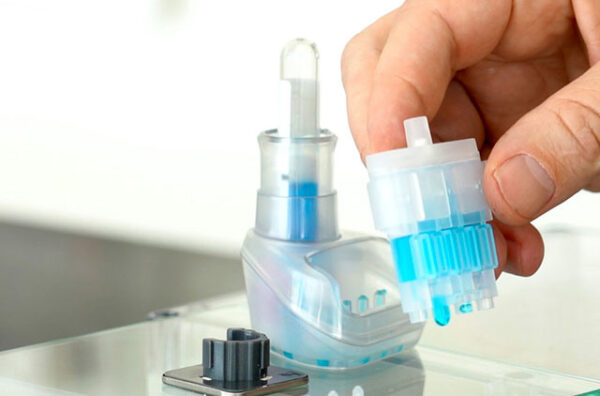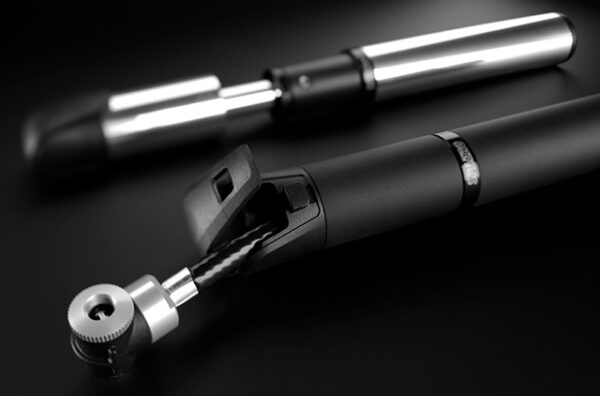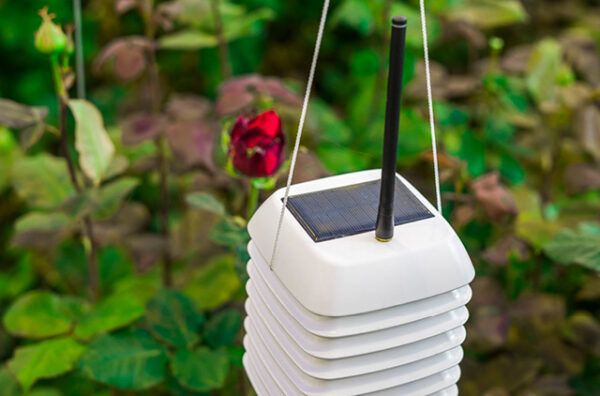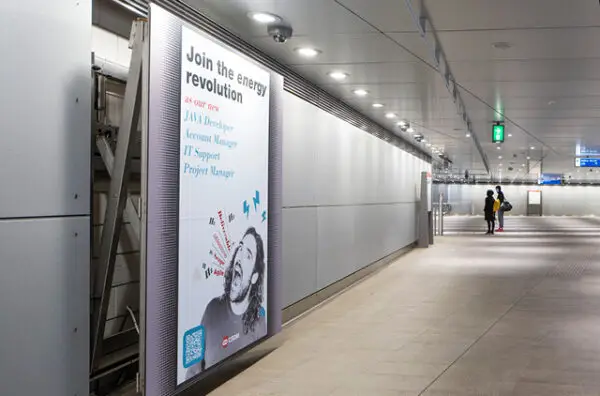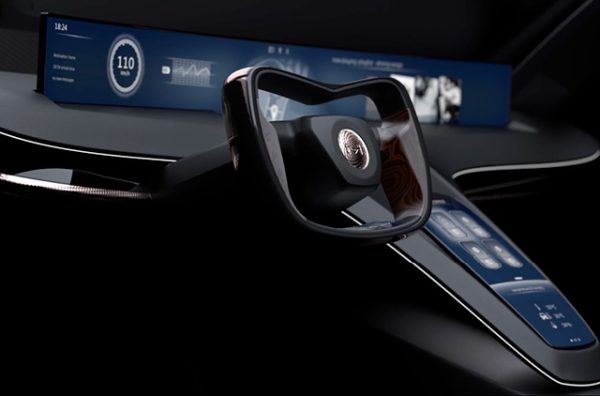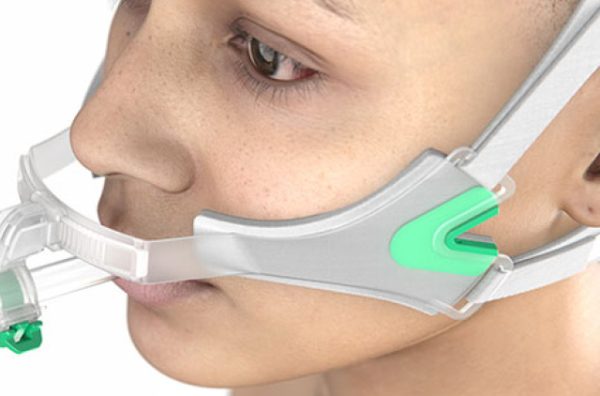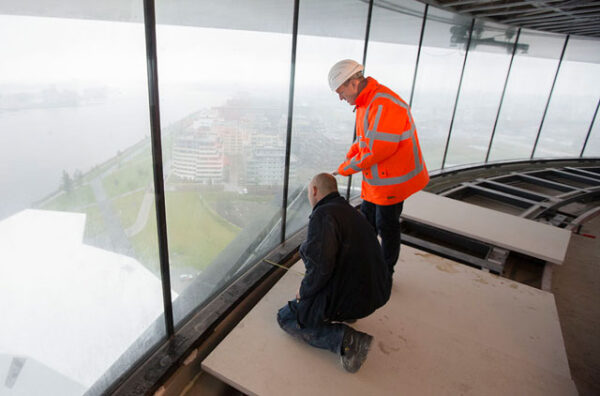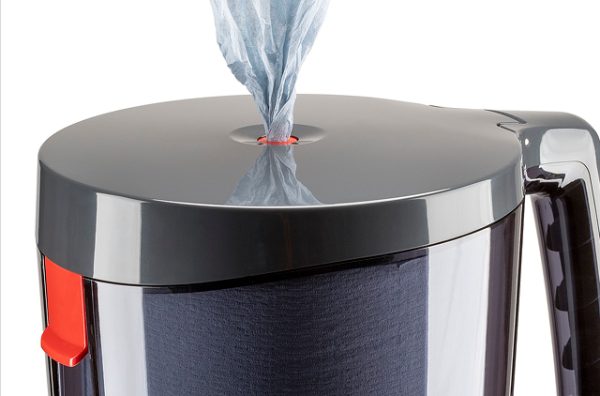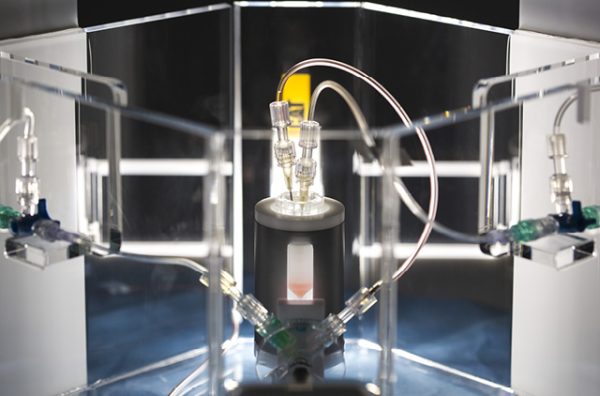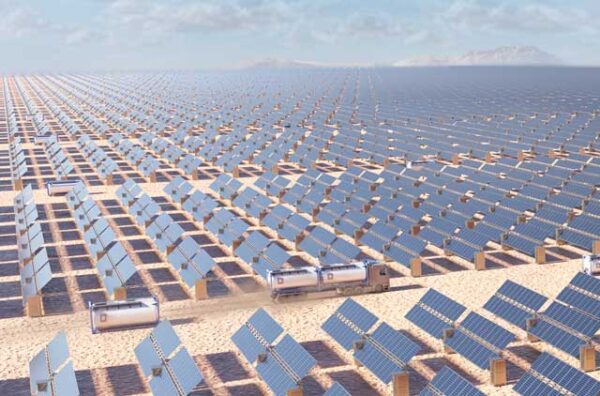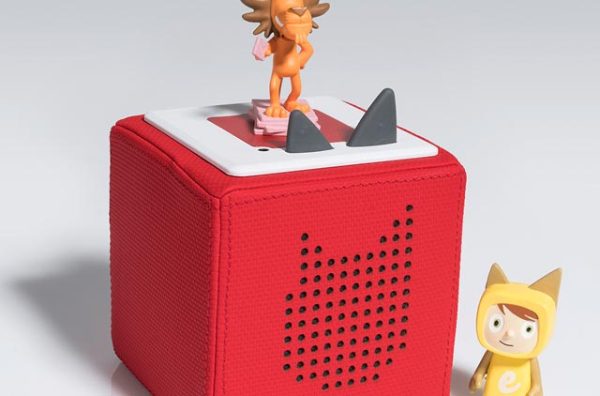The ultimate R&D platform for material testing and development
VSPARTICLE
VSP-P1 NanoPrinter
On average, it takes 15 years to develop a new material. VSPARTICLE has developed the VSP-P1 NanoPrinter, which will significantly speed up this process. npk design, in collaboration with MTA and VSPARTICLE, designed the first series of these devices with a strong focus on creating an efficient and economic structure. The machine is characterised by a striking design in which the ‘magical’ process inside the machine is visible from the outside.
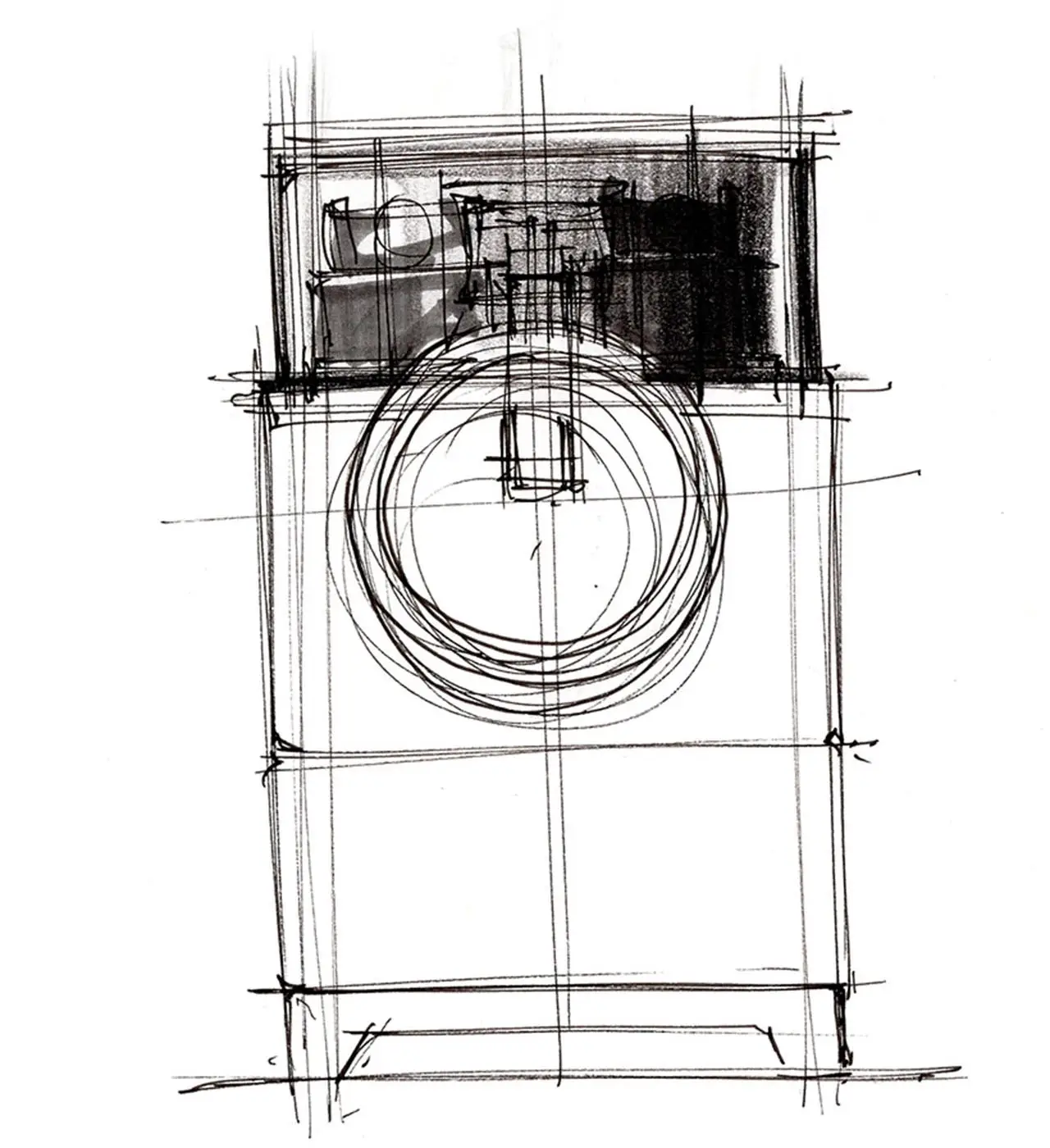
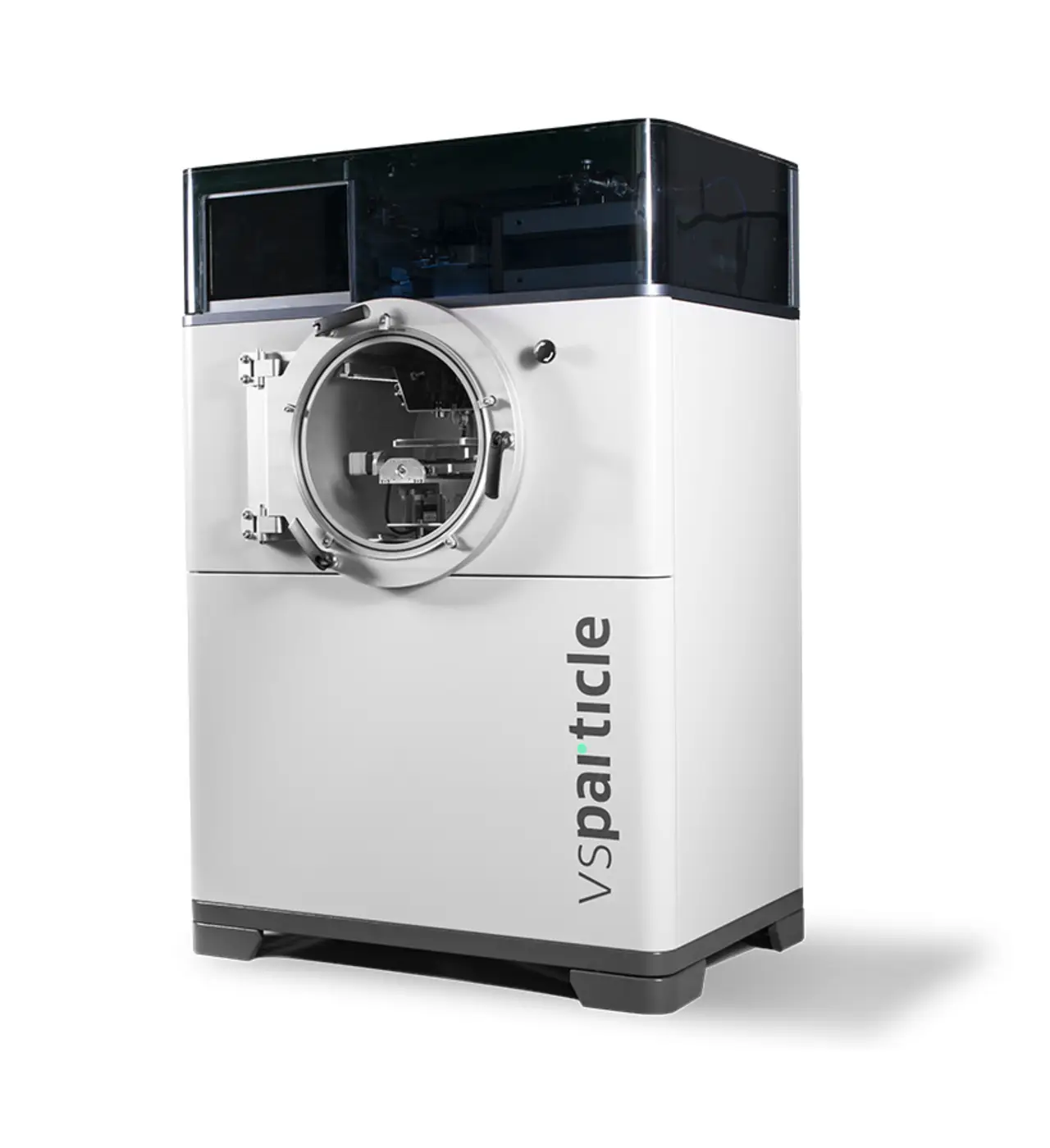
NanoPrinter as the ultimate platform for material development
VSPARTICLE originated as a TU Delft start-up. The NanoPrinter, which took 7 years to build, is essentially a 3D printer that can deposit nanoparticles of plastics or metals extremely accurately. The basic process in the printer involves an electrostatic discharge in which small particles are ‘shot off’ from an element and then transported in an inert carrier gas. While these fragments are being transported, they stick together to form particles of several nanometres, which are ‘sprayed’ onto a substrate via a moving XYZ stage. If desired, nanoparticles consisting of different elements can be created by mixing different gas flows. The process developed by VSPARTICLE makes the production of nanoparticles cleaner, cheaper and many times faster and can therefore trigger a massive breakthrough in multiple sectors, from hydrogen production to healthcare. The VSP-P1 NanoPrinter can “mix and convert 62 basic elements, such as zinc, aluminium and titanium, into almost endless new materials” (Aaike van Vugt, CEO of VSPARTICLE).
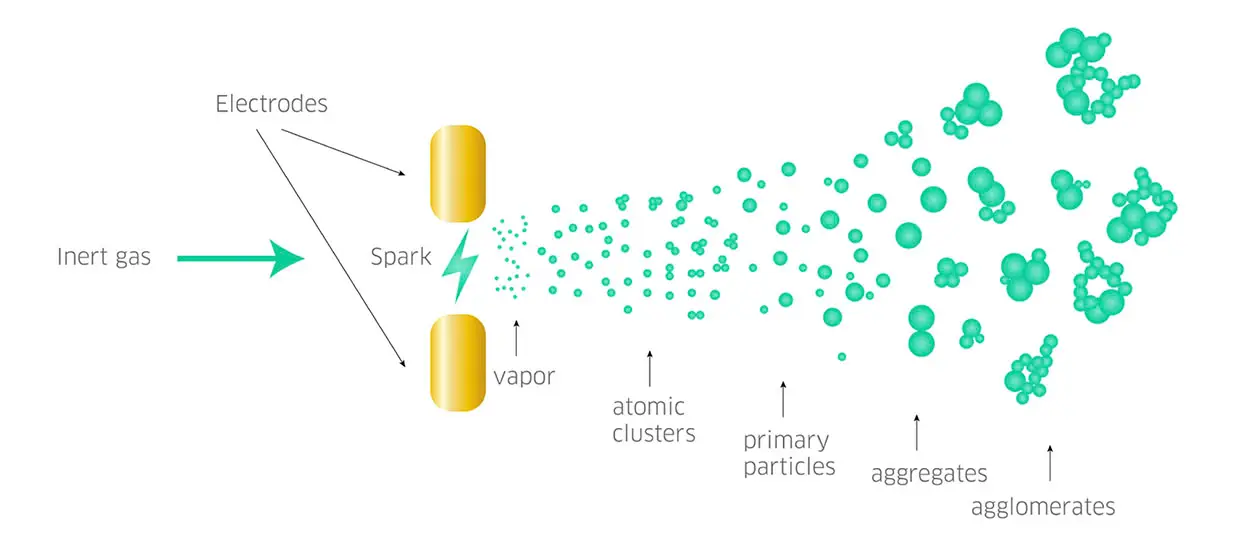
From lab set-up to mature product
npk design examined how the existing lab set-up could be converted into a device with high ease of use and the right ‘look’. The challenge involved integrating the large, round vacuum drum and the two particle generators, both of which had to remain easily accessible. Striking elements in the design include the semi-transparent cover on top of the machine and the very rounded corners that give the device an integrated and solid appearance.
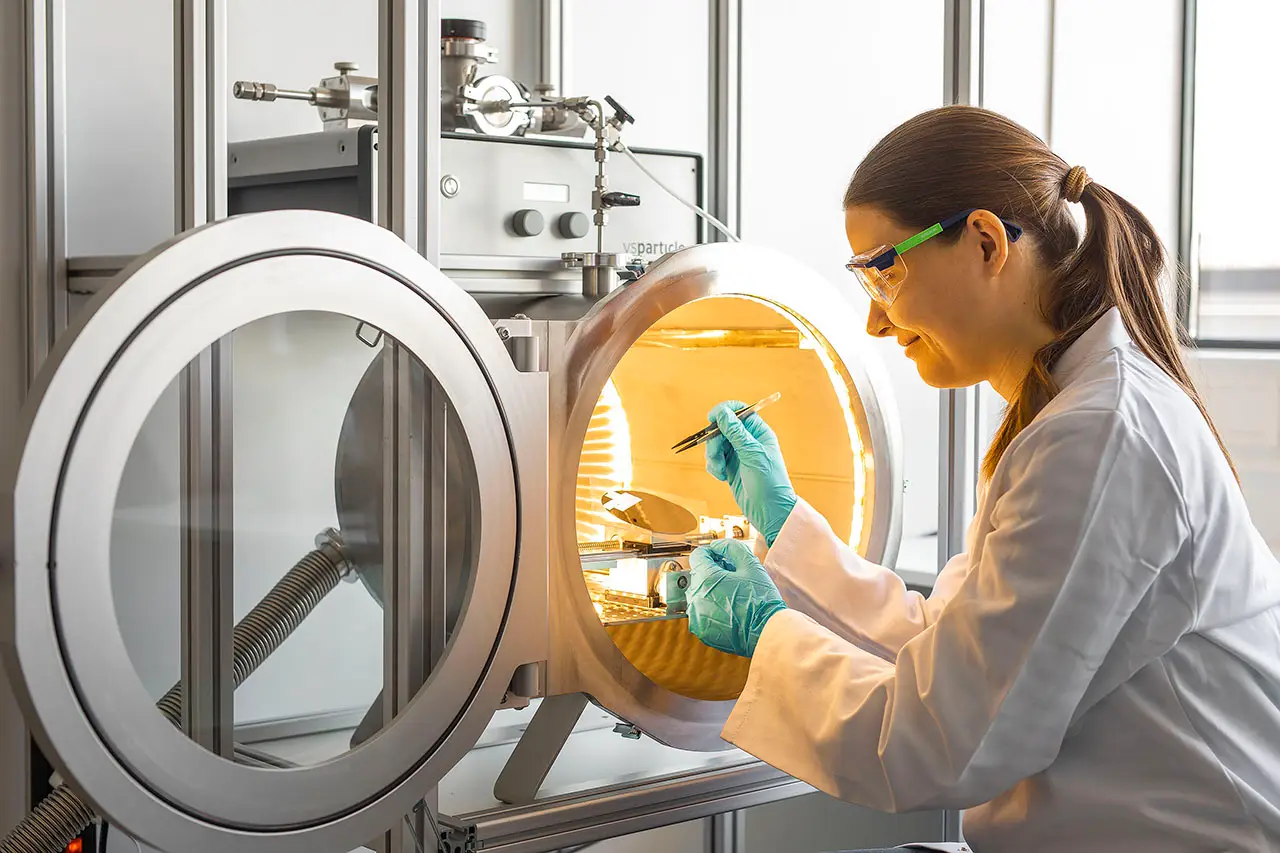
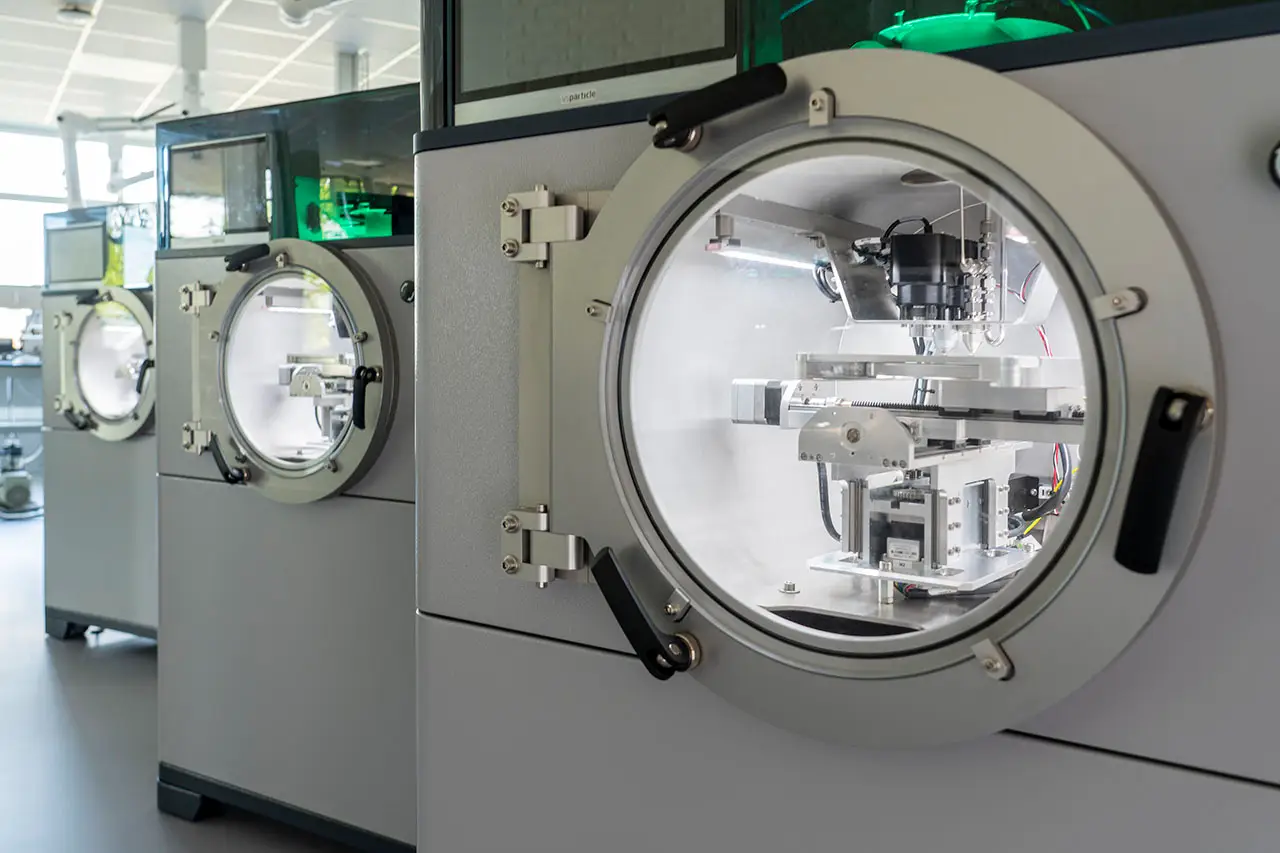
Structural solution for optimal use
The structural design was developed in collaboration with MTA (based in Helmond) and VSPARTICLE. One important step in this process involved the choice of a single horizontal construction plate. This created a surface on which the particle generators can ‘stand’ and from which the vacuum drum can ‘hang’, with all the essential connections mounted at the same time. Besides making it easier to build the machine, this also optimises its use and makes it easier to maintain.
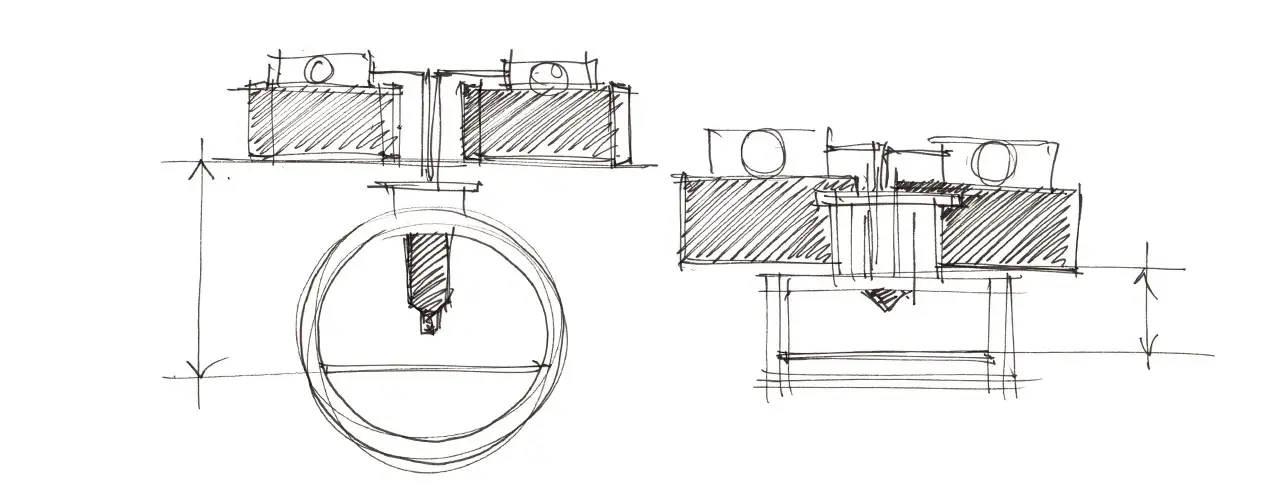
Making the 'invisible' process visible
To make the ‘invisible’ process in the device visible to the outside world, npk design added a lighting element at this central location. That light can be seen both inside the drum and through the transparent cover, giving the device a touch of magic that makes the process inside ‘visible’.
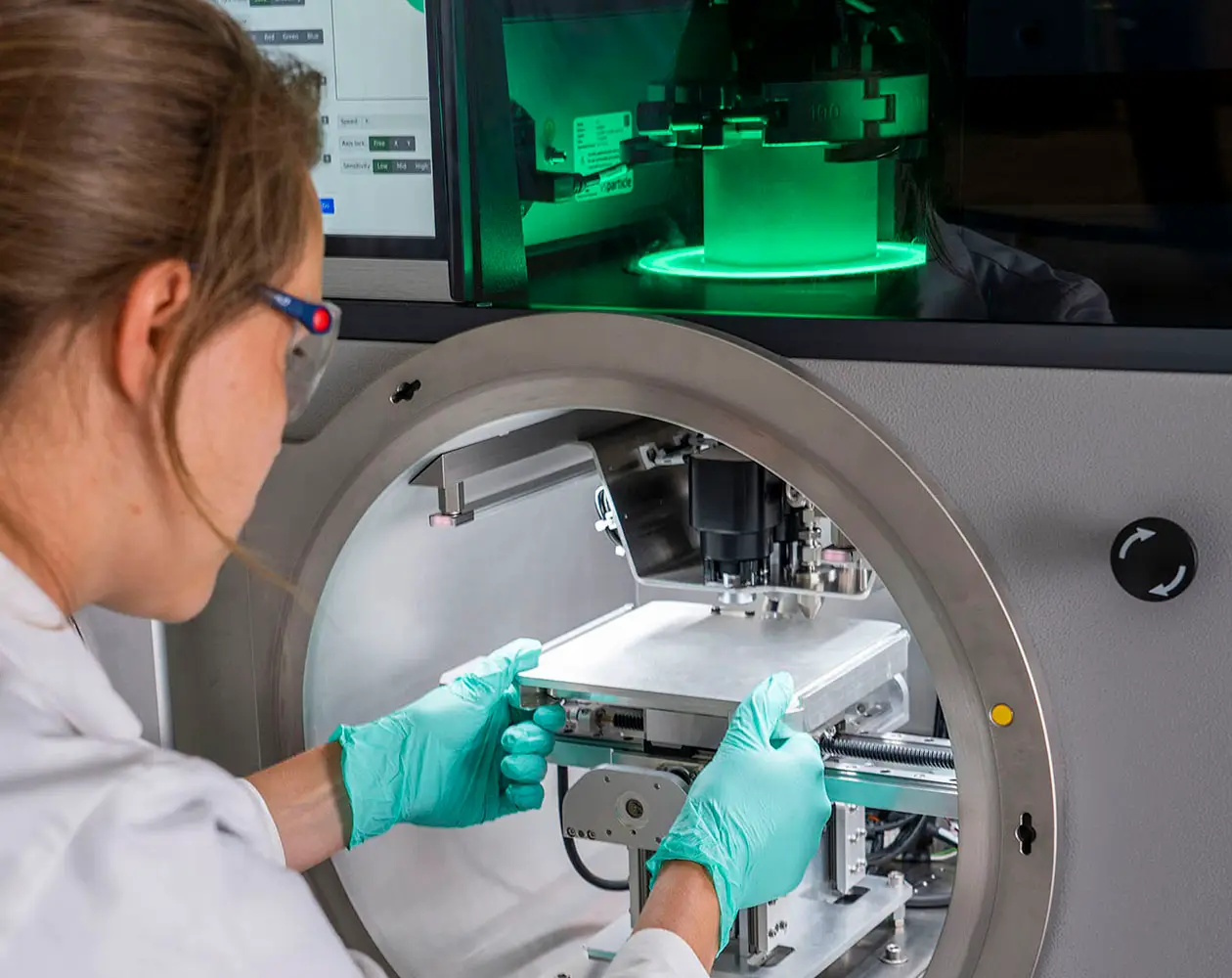
More information
More information about this project? Curious about what npk design can do for you?
Please feel free to contact Jos Oberdorf.



